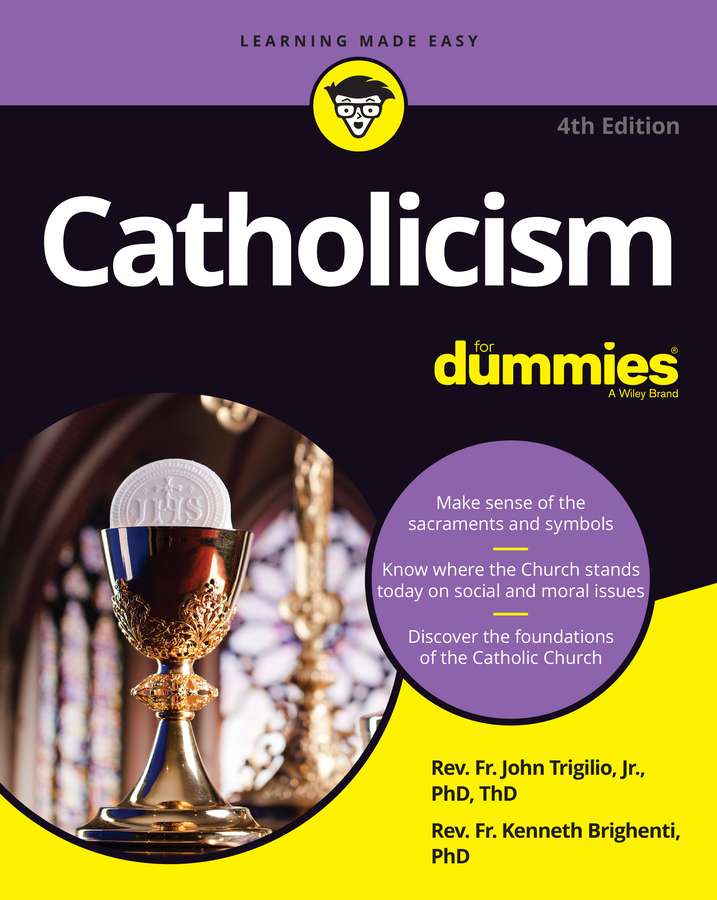A baptized man must first be ordained a deacon before being ordained a priest and ordained a priest before being ordained a bishop. So every priest and every bishop has experienced the Sacrament of Holy Orders more than once, but he experiences ordination to each level only once.
One of the primary functions of deacons, priests, and bishops is to administer the sacred rites of the Church to God’s people:
-
Bishops are said to have the “fullness of the priesthood,” because they alone have the authority to offer all seven sacraments — Baptism, Penance, Holy Eucharist, Confirmation, Matrimony, Anointing of the Sick, and Holy Orders.
-
Priests have the power and authority to celebrate five — Baptism, Penance, Holy Eucharist (Mass), Matrimony, and Anointing of the Sick.
-
Deacons can celebrate Baptism and Matrimony, provided that it’s a wedding without a Nuptial Mass.
A man can retire from the active ministry or be forced to leave if he misbehaves, but no deacon, priest, or bishop can ever have his Holy Orders taken away from him.
-
Being defrocked is involuntary and is imposed as a punishment for committing crime or scandal.
-
Laicization is at the request of the cleric who wishes to be relieved of his obligations of celibacy and no longer wants to celebrate his sacred ministry.

